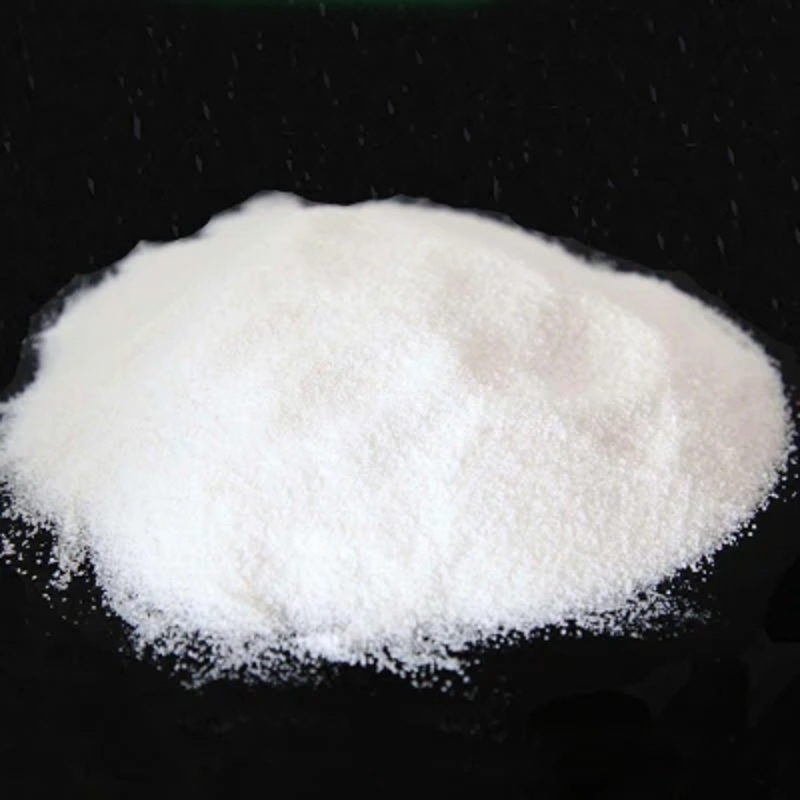-
Categories
-
Pharmaceutical Intermediates
-
Active Pharmaceutical Ingredients
-
Food Additives
- Industrial Coatings
- Agrochemicals
- Dyes and Pigments
- Surfactant
- Flavors and Fragrances
- Chemical Reagents
- Catalyst and Auxiliary
- Natural Products
- Inorganic Chemistry
-
Organic Chemistry
-
Biochemical Engineering
- Analytical Chemistry
-
Cosmetic Ingredient
- Water Treatment Chemical
-
Pharmaceutical Intermediates
Promotion
ECHEMI Mall
Wholesale
Weekly Price
Exhibition
News
-
Trade Service
Recently, the bee product quality and risk assessment team of the Bee Research Institute of the Chinese Academy of Agricultural Sciences has made new progress in the study of the exposure risk of the acaricide flumethrin to bees, and the relevant research results were published in "Chemosphere"
.
.
Flumethrin is one of the few pyrethroids allowed to be used in beekeeping, but due to its high lipophilicity, it is easy to remain in the hive and pose a risk
of exposure to bees.
In previous studies, the research group found that flumethrin can significantly affect the physiological balance of bees and affect the health level of bees at sublethal doses, but the effect on the intestinal microenvironment is not clear
。 In order to solve this problem, the research group simulated the possible exposure pathway of cyflumethrin in the hive, and fed newly released worker bees continuously at a dose of 10 μg/L at the environmental residue level for 14 days, and the sampling analysis found that flumethrin had little effect on bee death and intestinal flora, but could induce significant immune response and metabolic abnormalities.
It was found that gut microorganisms were significantly associated with fluchlorophenthrin-induced intestinal imbalance by antibiotic co-treatment, and the core microbiota Gilliamella spp.
played an important role
in it.
Furthermore, through in vitro culture, it was found that flumethrin had no significant effect on the growth of Gilliamella spp.
, but had a significant interfering effect on its glycerophospholipid metabolism, and this metabolic pathway was also significantly related
to the stress of fluchlorophenethrin in bee intestines.
These results suggest that although environmental residual doses of cyflumethrin do not trigger significant death in bees, they can disrupt the bee-gut microbiota co-metabolic balance
when exposed to bees over time.
of exposure to bees.
In previous studies, the research group found that flumethrin can significantly affect the physiological balance of bees and affect the health level of bees at sublethal doses, but the effect on the intestinal microenvironment is not clear
。 In order to solve this problem, the research group simulated the possible exposure pathway of cyflumethrin in the hive, and fed newly released worker bees continuously at a dose of 10 μg/L at the environmental residue level for 14 days, and the sampling analysis found that flumethrin had little effect on bee death and intestinal flora, but could induce significant immune response and metabolic abnormalities.
It was found that gut microorganisms were significantly associated with fluchlorophenthrin-induced intestinal imbalance by antibiotic co-treatment, and the core microbiota Gilliamella spp.
played an important role
in it.
Furthermore, through in vitro culture, it was found that flumethrin had no significant effect on the growth of Gilliamella spp.
, but had a significant interfering effect on its glycerophospholipid metabolism, and this metabolic pathway was also significantly related
to the stress of fluchlorophenethrin in bee intestines.
These results suggest that although environmental residual doses of cyflumethrin do not trigger significant death in bees, they can disrupt the bee-gut microbiota co-metabolic balance
when exposed to bees over time.
China is the world's largest beekeeping country and a bee product exporter, and various residual drugs in the environment can not only directly cause bee product quality and safety problems, but also cause the health level of bee colonies to decline through contact with bees, and indirectly affect the efficient breeding and utilization
of bees.
This study has guiding significance and reference value for the early risk warning and assessment of bees by various residual drugs in the hive system
.
of bees.
This study has guiding significance and reference value for the early risk warning and assessment of bees by various residual drugs in the hive system
.
The research was supported
by the National Natural Science Foundation of China, the Science and Technology Innovation Project of the Chinese Academy of Agricultural Sciences, and the Bee Industry System.
by the National Natural Science Foundation of China, the Science and Technology Innovation Project of the Chinese Academy of Agricultural Sciences, and the Bee Industry System.
Original link:
https://doi.
org/10.
1016/j.
chemosphere.
2022.
136030
org/10.
1016/j.
chemosphere.
2022.
136030







